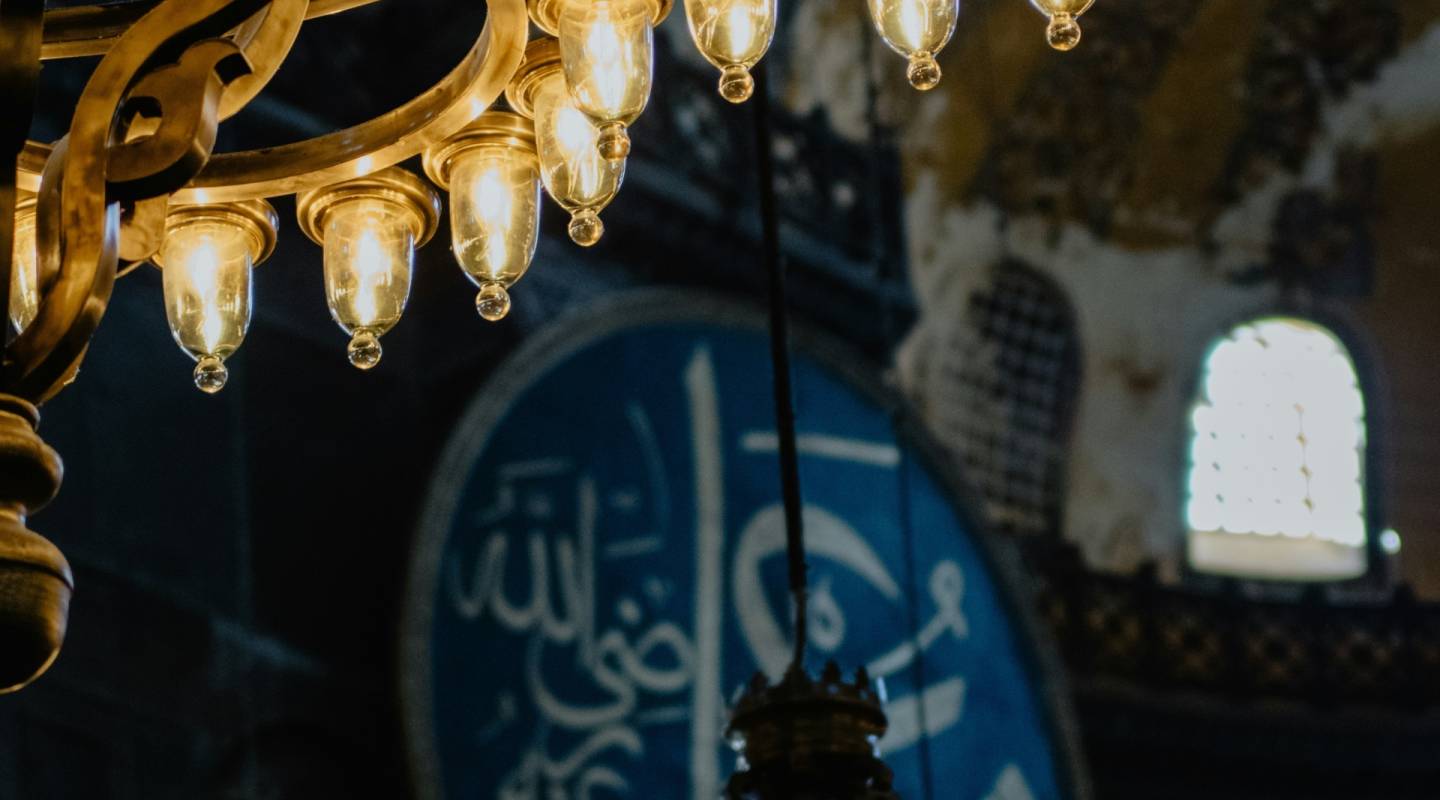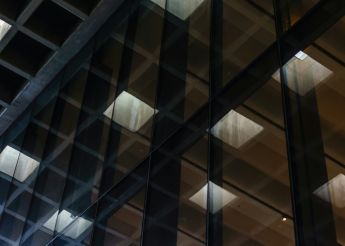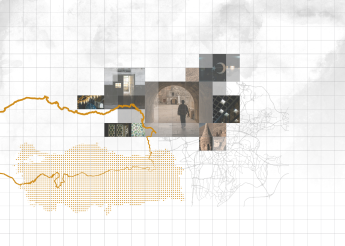GS. The detained ÇHD lawyers are currently being held in F-type prisons located across different regions of the country. These facilities represent a penal execution model centred around isolation, implemented since 22 December 2000. Prisoners are typically confined to cells designed for one to three occupants. This system is not exclusive to lawyers; other individuals arrested or convicted under the Anti-Terror Law are also placed in these prisons. ÇHD lawyers do not receive special treatment distinct from other prisoners, enduring the same violations of rights. Within F-type facilities, prisoners are largely restricted from interacting with anyone beyond their cellmates. Since 2016, conditions in F-type prisons have deteriorated significantly, with increased pressure and deprivation of prisoners’ legal rights. For example, the right to communication, initially established and implemented in 2007 to permit gatherings of up to 10 people for a few hours on designated days of the week, has been severely restricted. The most pressing issues within these facilities include instances of ill-treatment and torture, frequent application of disciplinary measures, the denial of access to books, forced transfers, and other restrictions on the right to communication.
Adding to these concerns, the government has introduced new types of prisons over the past two years, including Y-type, S-type, and other high-security models. These institutions feature even greater degrees of isolation compared to F-type prisons. They are characterised by pervasive surveillance, with cameras installed everywhere, even within cells. Prisoners are only permitted one or two hours of outdoor time per day, while the windows in their cells remain covered with wire fences.
As far as we know, no lawyers have been placed in these new types of prisons. However, given their utilisation for individuals sentenced under the Anti-Terror Law, there is a strong possibility that incarceration of lawyers in these prisons will become the norm in the future.





